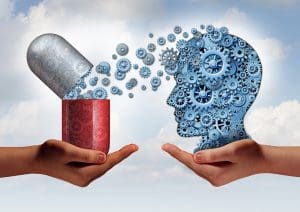Understanding Addiction: Neurologically, Physically, & Psychologically (2HR)
Our understanding of substance use disorder has advanced significantly over the last 3 decades in part due to major progress in genetics and neuroscience research and to the development of new technologies. These advances have illuminated the neurobiological processes through which biological and sociocultural factors contribute to resilience against or vulnerability to drug use and addiction. Substance use disorders are associated with a wide range of short- and long-term health effects. And, of course, long-term use combined with sociocultural factors can develop as psychopathologies such as depression, anxiety, panic disorders, and suicidal behavior. In this course, we will review the neurobiology of addiction, pharmacology, and central nervous system depressants category of drugs.
Upon completion of this training, participants will be able to:
- Define addiction using neurological, behavioral, and psychological frameworks.
- Differentiate between major models of addiction and their implications for treatment.
- Identify enabling versus supportive behaviors and strategies for effective intervention.
- Explore the impact of addiction on families and the principles of family-centered treatment.
- Apply understanding through case analysis and the development of individualized support plans.
This course offers 2 ONLINE hours of SS EBT/PSY
Course Instructor: Shannon McCabe, MA, LCAS, CCS, CCJP, CPS
Recording Date: 11/02/2024



